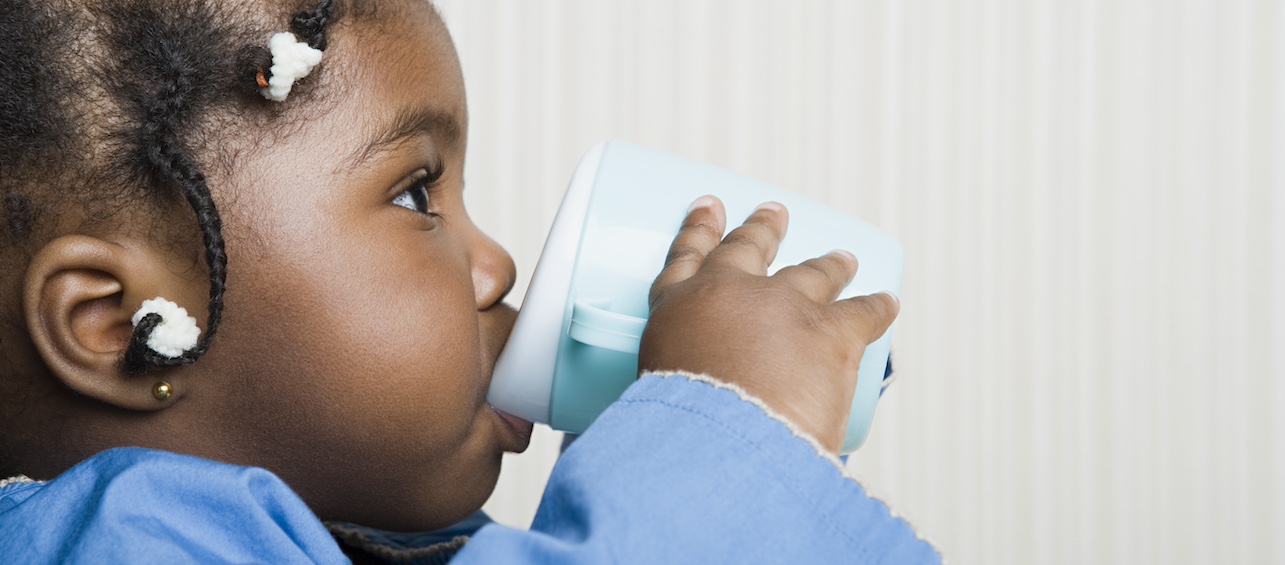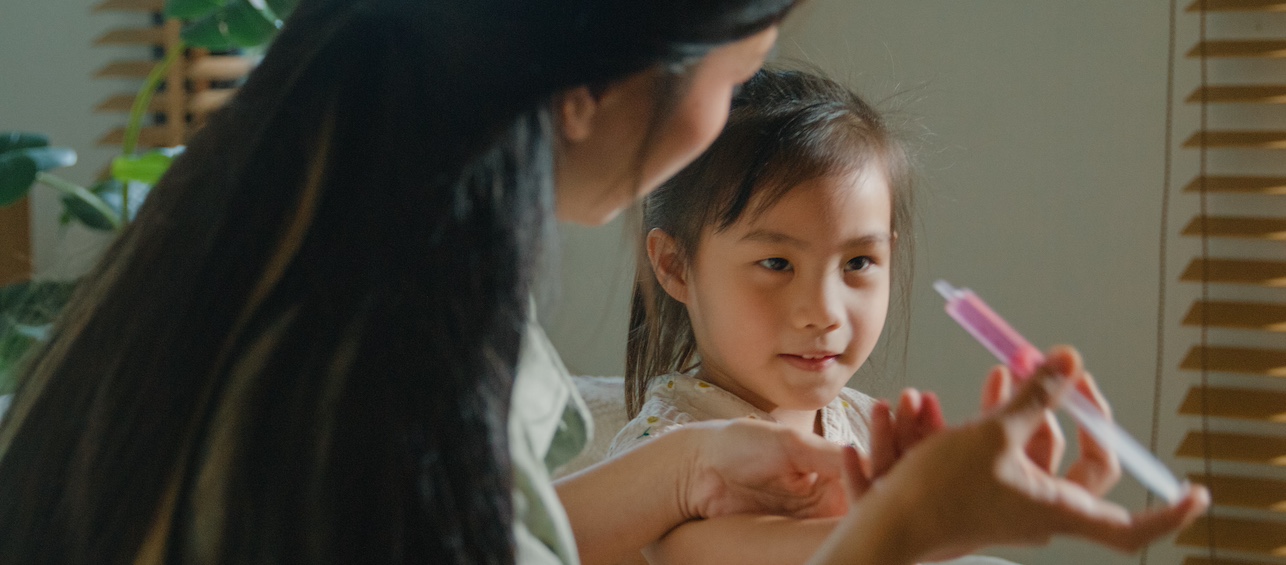The past few weeks have been confusing for some parents who have kids going through the teething phase. I’ve witnessed this first hand when answering calls for the Drug and Poison Information Center.
Overwhelmingly, the most frequently asked question is: “I’ve given my baby teething tablets. Have I poisoned her?”
My first step is to reassure parents by asking, “Is she having symptoms?” They respond, “No, but I’m worried about it given the FDA’s warning that they may pose a health risk.” I explain that so long as she isn’t having the symptoms listed by the FDA, she’s fine.
To help inform more parents, I’m sharing other questions we’ve received about teething tablets here. We continue to receive calls about them and will add questions and answers as more come up.
Teething Tablets FAQs
Q: If I gave my baby teething tablets, what symptoms should I watch for?
A: In the FDA’s warning, they mention watching for seizures, breathing difficulties, excessive sleepiness, lethargy, flushed skin, constipation, agitation, muscle weakness, and difficulty urinating.
Q: What’s concerning about teething tablets? Isn’t it homeopathic?
A: Many teething tablets contain the ingredient belladonna. In 2010 there was a recall of one brand because the FDA believed there was inconsistent amounts in it, leading to adverse side effects.
Belladonna is a naturally occurring plant used in some prescription and over-the-counter medications. While it has the potential to be toxic, there is a minuscule amount of it in teething tablets.
Q: Why did the FDA issue this warning?
A: The FDA issued this warning because they received reports of adverse events following its use in infants and children. While they’re investigating, they’ve asked parents to stop giving it to their children, and report any adverse side effects to them.
Q: Do teething tablets work?
A: This may be one of the reasons the FDA is investigating teething tablets. The manufacturers claim that its role in teething tablets is to reduce the inflammation and redness of the gums when a child is teething. There is no evidence to suggest that they provide relief from teething.
Q: Are parents still able to purchase teething tablets?
A: They are becoming more difficult to purchase. One manufacturer, Hyland’s, decided to discontinue making them on October 11, 2016.
If you still have these tablets in your home, the FDA does recommend discarding them.
Q: What should I do for my teething baby?
A: Your pediatrician is the best source of answers if you suspect that your baby is teething.
As always, we’re happy to answer any concerns about a product you’ve given your child. Keep our number handy by programming it in your phone. Drug and Poison Information Center: 1-800-222-1222.






Great blog! Thanks for discussing this subject. I would like to add that, in actuality, one of the best sources on teething is the Cincinnati Childrens Pediatric Dental Department. Dr Sarat Thikkurissy and his residents specialize in all things pertaining to baby teeth. The best part is that they are part of Cincinnatti Children’s!